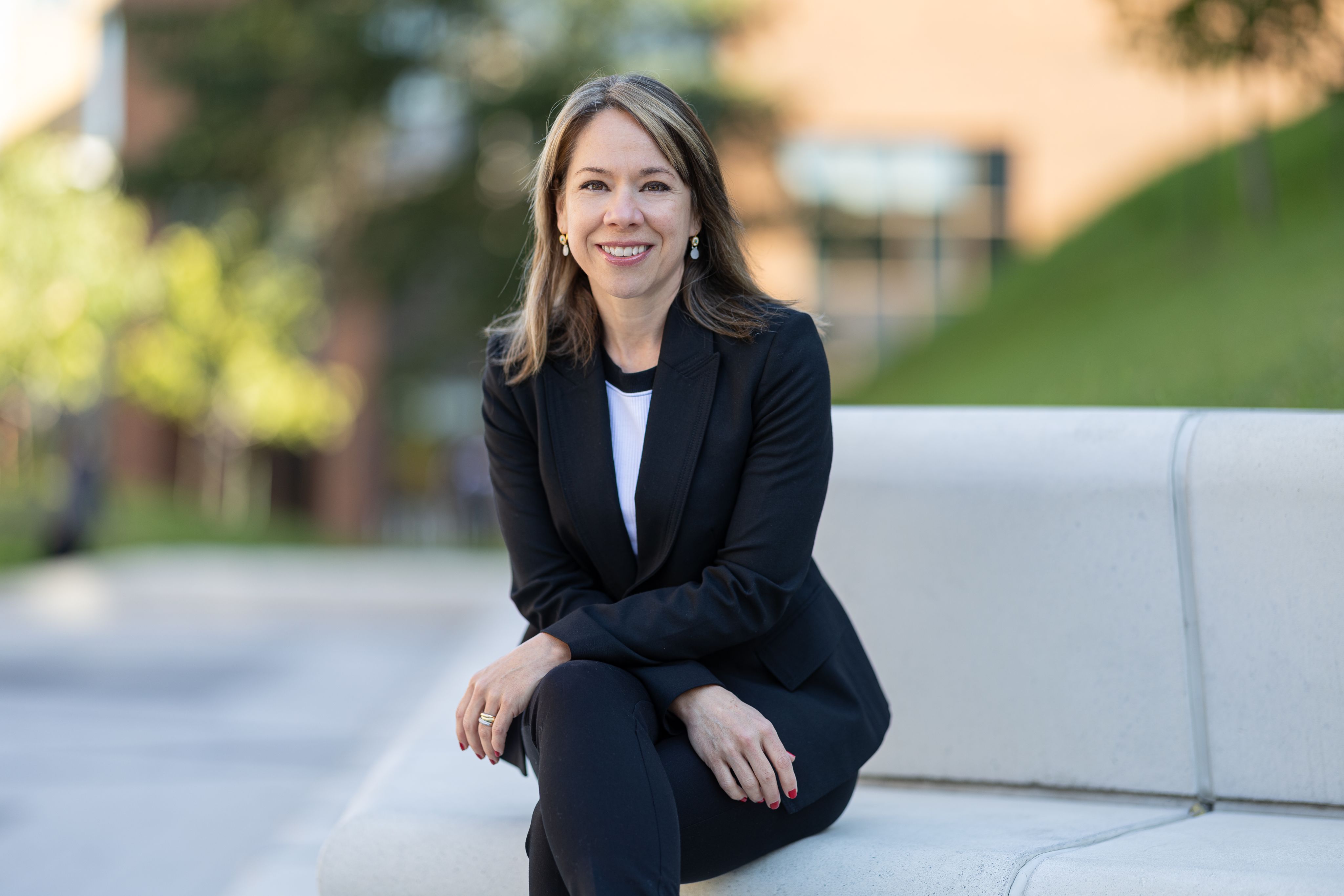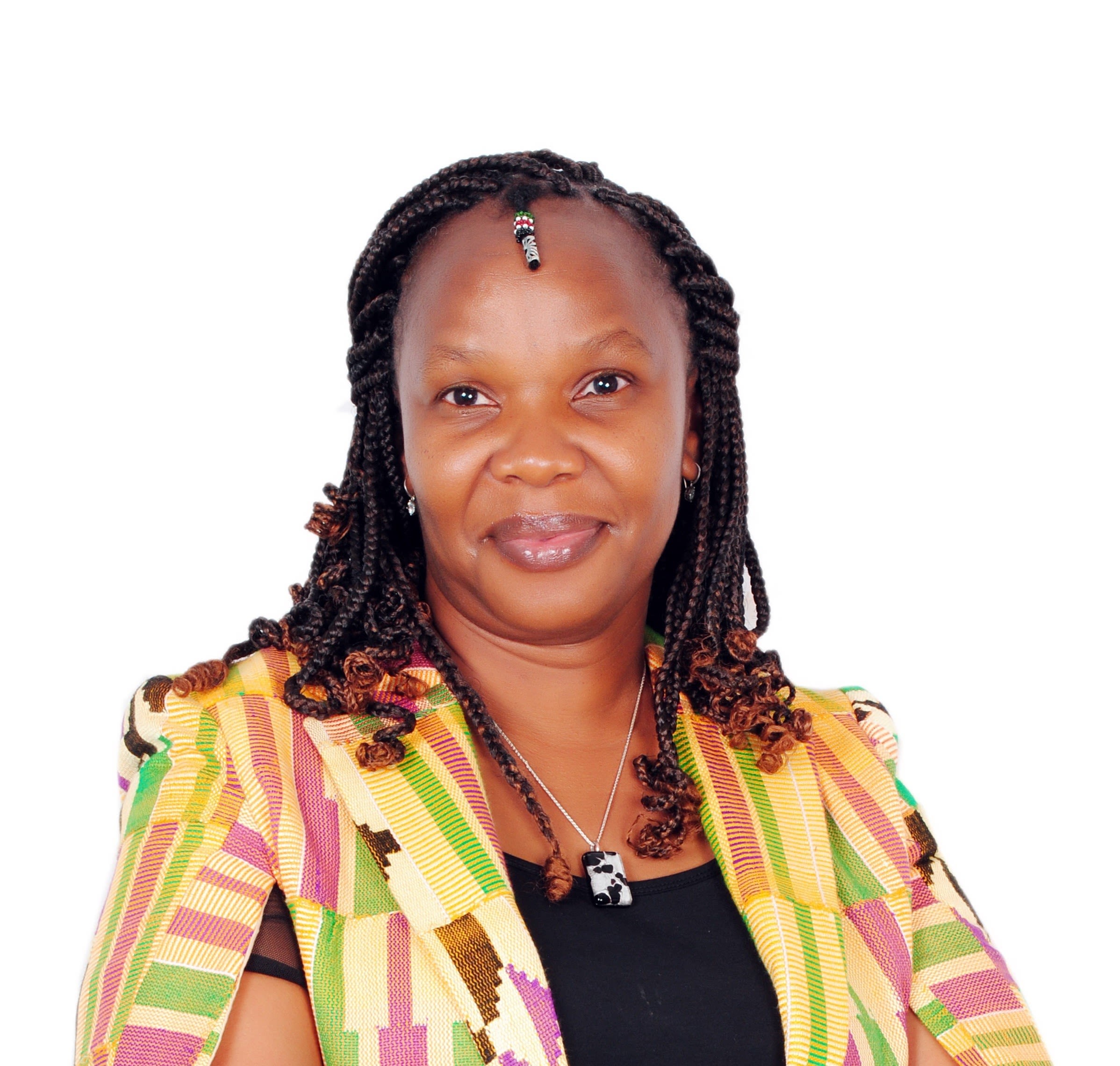Inspiring women in AI: Dr. Janna Hastings
Dr. Janna Hastings is the author of AI for Scientific Discovery.
She's Senior Research Scientist at the Idiap Research Institute, Martigny, Switzerland.
Try to have fun, the technology is awesome..!
In this interview for our inspiring women in AI series, she discusses her work on applying language-based AI to manage scientific literature, her concerns about AI's bias, and the challenges and opportunities for women in AI.
"I'm super excited about the potential of multi-modal models"
What projects are you currently working on?
I work on applying language-based AI for managing and extracting information from the scientific literature to, for example:
- Predict topics that are currently showing rising interest
- Synthesize all evidence on a given topic
A notable project I have been involved with in the past was the Human Behavior-Change Project.
This aimed to develop a predictive model to predict the outcomes of hypothetical behavior change interventions based on the synthesis of the evidence from existing behavior change interventions.
What inspired you to pursue a career in AI and related fields?
I was always fascinated by the potential for simulating intelligent behavior with AI systems, thus, I studied computer science, mathematics, and psychology in my undergraduate degree.
Later, I became interested in the application of AI within scientific research contexts.
What recent or potential breakthroughs in AI are you most excited about?
I'm super excited about the potential of multi-modal models that bring together language understanding with other data types, such as images.
What potential risks or downsides of AI development concern you?
I am concerned that AI will exacerbate biases that are present in the underlying training data.
What challenges have you faced as a woman in the AI field, and how have you overcome them?
It is never easy to be in a minority, and women are certainly a minority in computer science as a whole and in AI in particular.
Women are also in a minority in leadership positions throughout academia as a whole, more broadly than in computer science.
I do not have any magic answers to offer on how to overcome the associated challenges, rather, I believe it is necessary to be resilient and to work hard in the face of (at times unfair) obstacles.
What advice would you give to young women considering a career in AI?
Try to have fun, the technology is awesome!
 China
China Africa
Africa


















